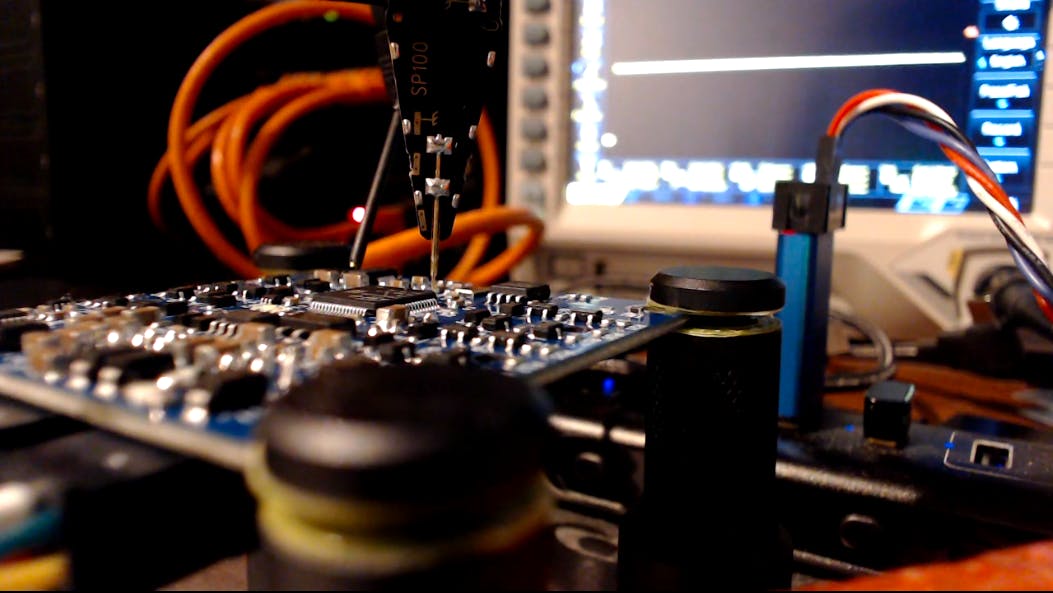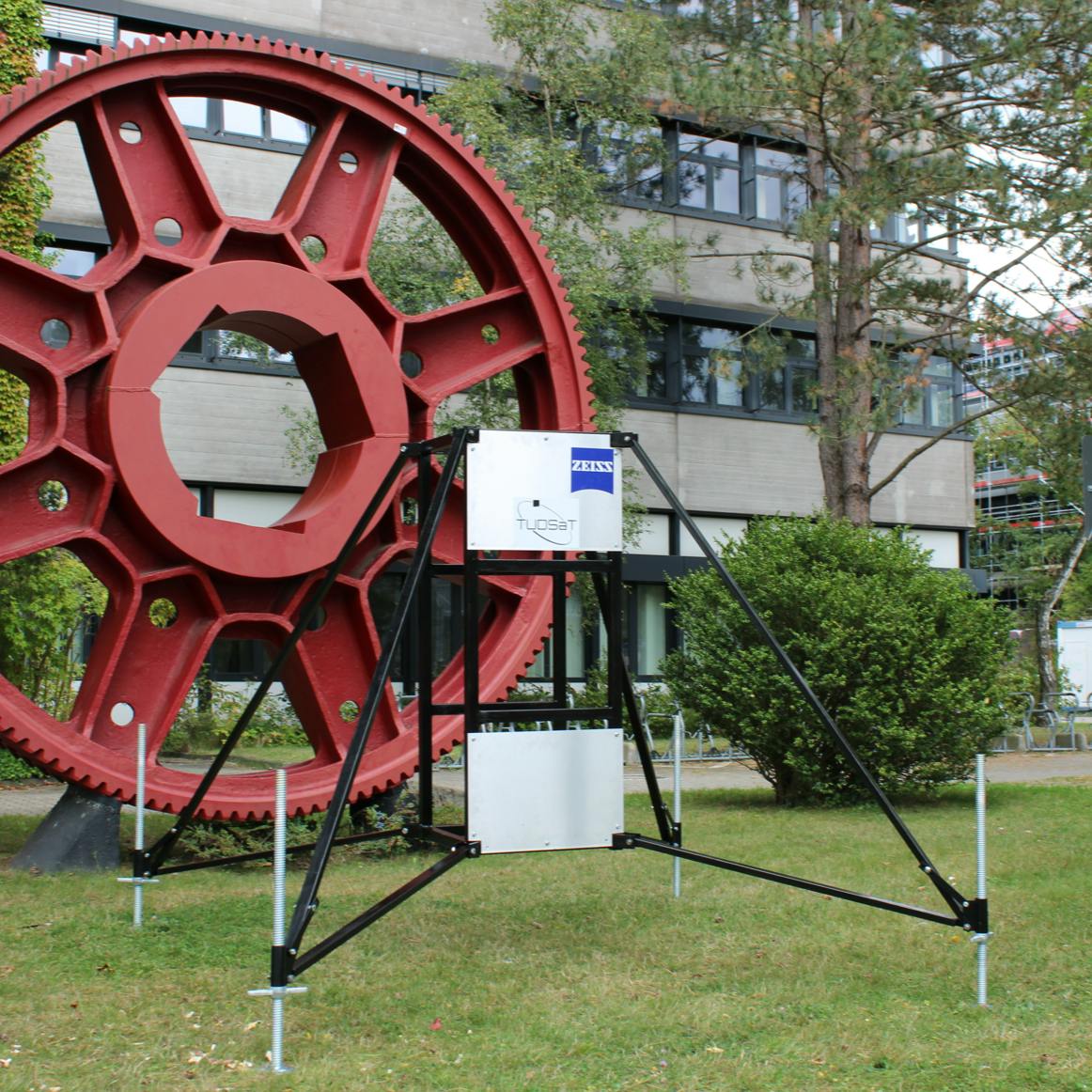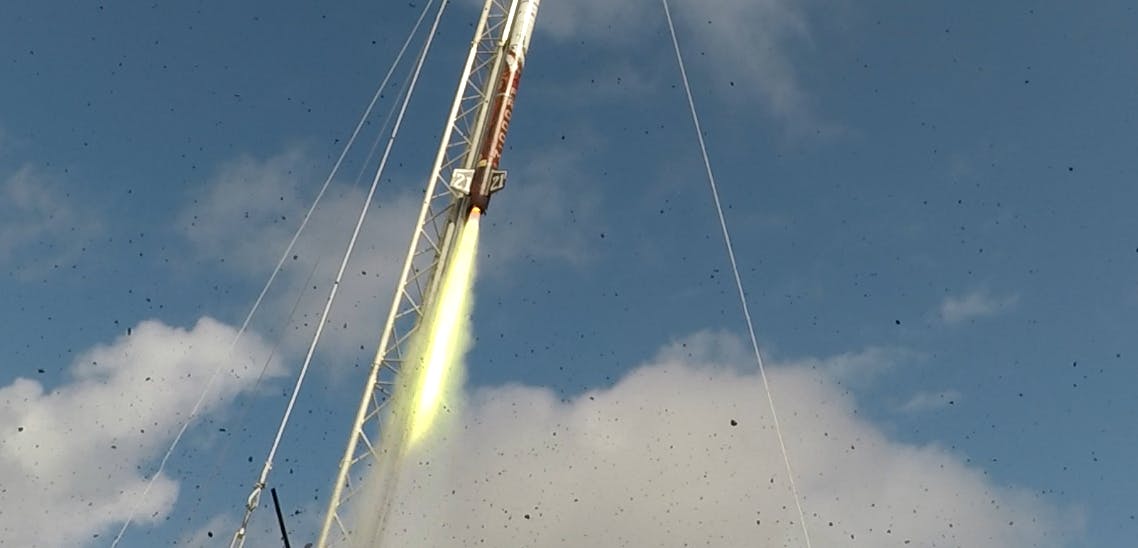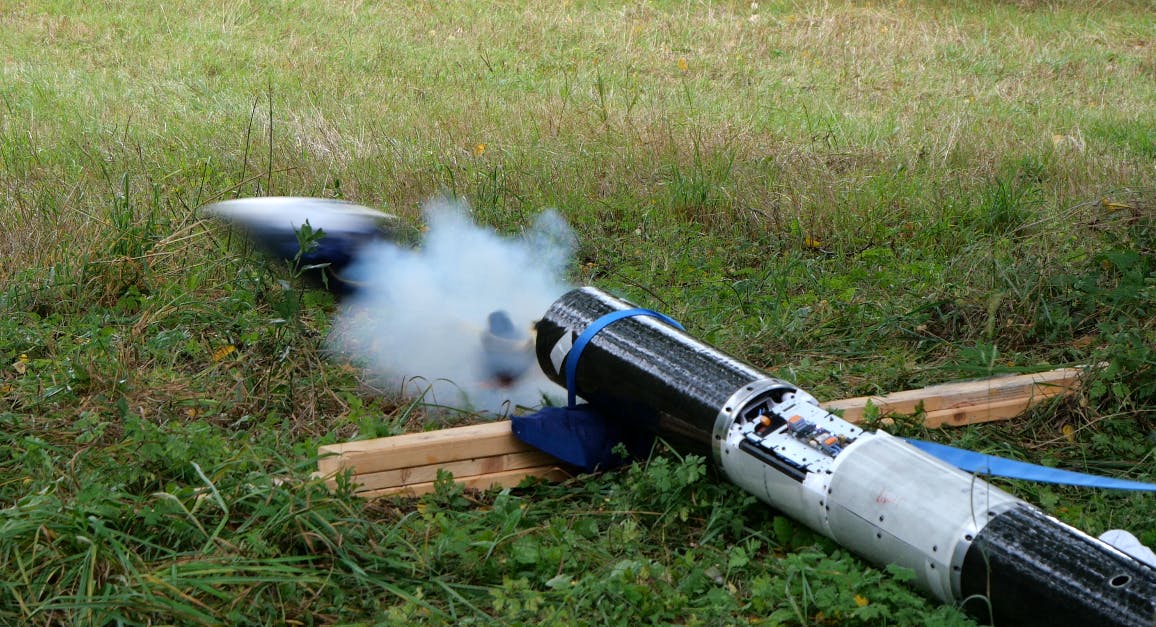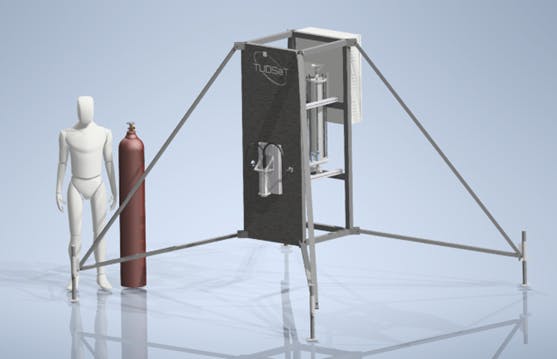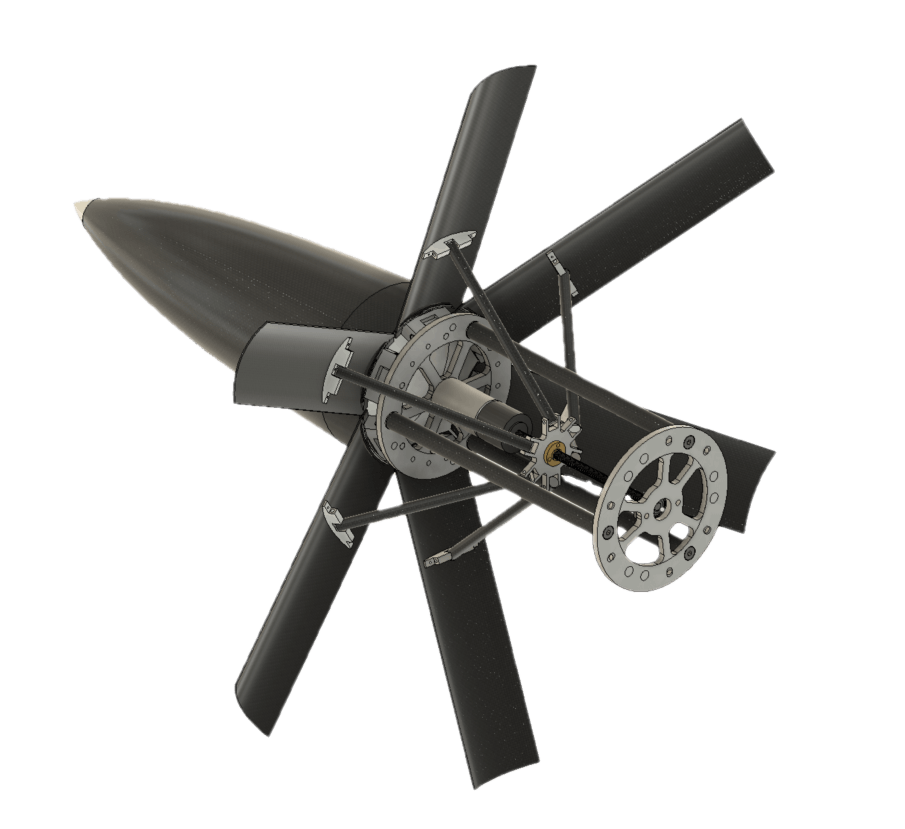The Rapid Team
The Rapid Team (Rocketry and Propulsion in Darmstadt) works towards their self-set goal of developing, building, and operating scientific sounding rockets.
The overall focus is set on deepening the theoretical knowledge taught in lectures at TU Darmstadt and subsequently expanding that knowledge with a practical component. Rockets are complex and consist of highly integrated systems - therefore, they provide an ideal platform both for growing our members’ technical skills as well as working and learning together in an interdisciplinary team.
Within this configuration, Rapid has scored third place at EuRoC’24 and is now striving towards their goal of ultimately flying a bi-liquid propelled rocket - the holy grail of student rocketry - while constantly improving their designs, procedures and team structure.

Current Rocket Development: Hyacinth
Introducing: Hyacinth. Building on the success of our FRoDO rocket family, TUDSaT’s rocketry team has decided on the next step in their journey. Hyacinth is a hybrid rocket which is planned to be launched at the European Rocketry Challenge 2025 to an apogee of 3000 m. EuRoC is the biggest academic rocketry event in Europe, where the best teams from across the continent come to Portugal to take part in friendly competition. The event is organized into three categories: Solid, Hybrid, and Bi-Liquid propulsion. With a fully self-developed propulsion system, Hyacinth marks a big leap in rocket development at TUDSaT, placing them in the second of the three categories. The team believes that this hybrid motor will teach them crucial lessons on their road to liquid-liquid engines.
Overall, Hyacinth features many improvements derived from lessons learned at TUDSaT’s participation in EuRoC’24. Other than the aforementioned propulsion module, Hyacinth will also feature a novel recovery system. The team has set out to rethink the recovery process, with an aim of decreasing the peak loads during the recovery events. The rocket’s aerostructure got an overhaul, replacing most of the rocket’s body with dismountable panels, providing easy access to crucial systems. A newly developed modular avionics system will serve as an adaptable foundation for the rockets that are yet to come. Additionally, TUDSaT continues to cooperate with other student groups, giving them the opportunity to contribute to the mission in the form of scientific payloads.
Stay tuned to Hyacinth’s development process and take a look the teams’ sections down below to learn more about the rockets’ subsystems.



